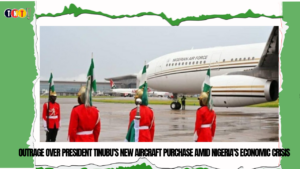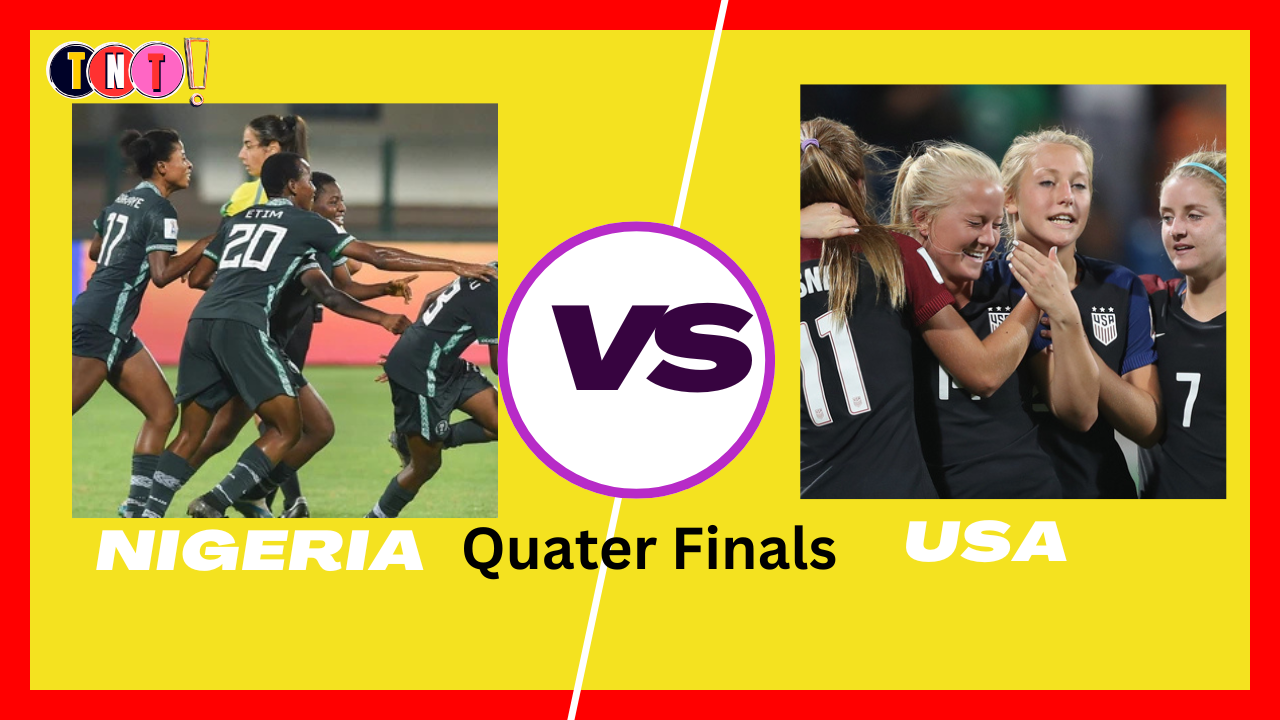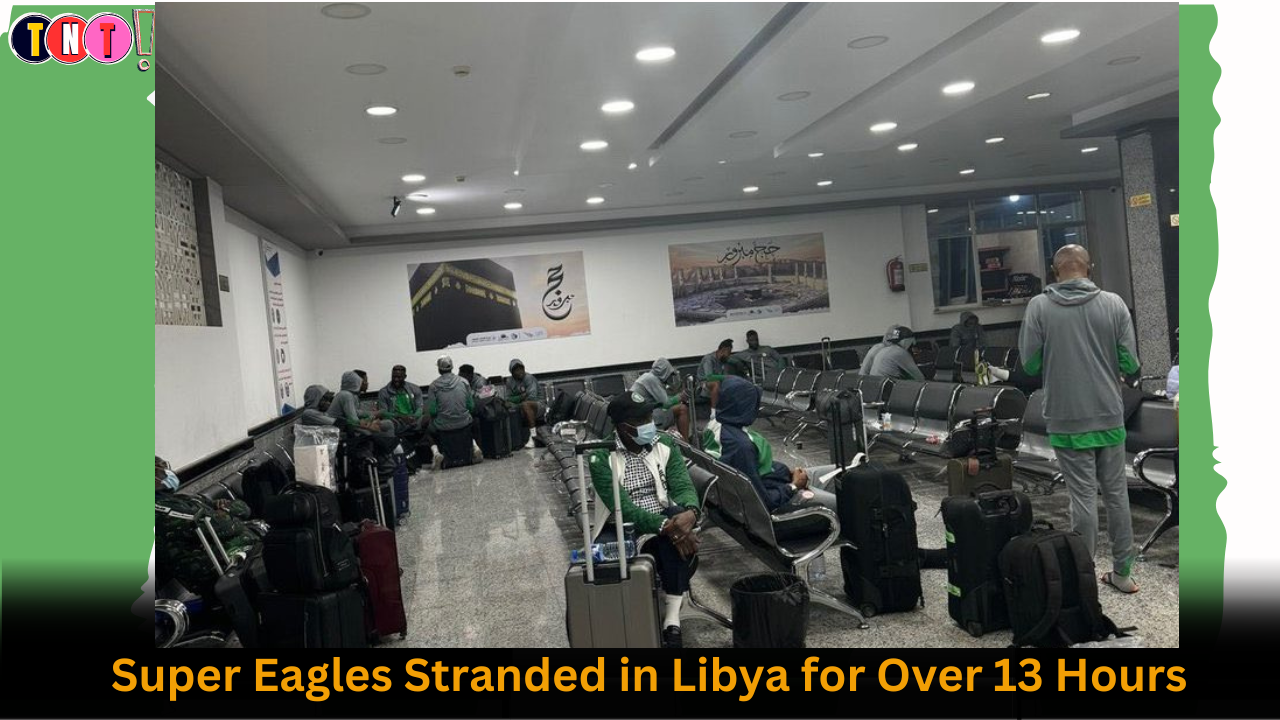The recent acquisition of a new presidential aircraft by President Bola Tinubu has triggered widespread anger in Nigeria, a nation currently grappling with severe economic hardship. The decision has sparked intense debate and criticism, particularly in light of recent protests against rising living costs and inflation.

Outrage Over President tinubu’s New Aircraft Purchase Amid Nigeria’s Economic Crisis
Economic Context
Nigeria is facing its most severe economic crisis in a generation, with inflation soaring above 30%. Since taking office, President Tinubu has implemented several economic measures, including the removal of fuel subsidies, which have exacerbated the financial strain on the population. Despite these challenges, the president’s administration justified these moves as essential for reducing government spending and promoting long-term economic growth.
The Controversial Purchase
On Monday, President Tinubu departed for France aboard a newly purchased Airbus A330, adding to an already sizable presidential fleet. The acquisition of the aircraft, which reportedly cost billions of naira, has not been publicly detailed in terms of cost or the purpose of the journey. This has led to widespread outrage, with many Nigerians questioning the timing and necessity of such an expenditure during an economic downturn.
Public Reaction
The decision has drawn fierce criticism on social media. One user, @Fdmlearn, expressed frustration over the government’s spending on a new jet while citizens endure financial hardship. Another user, @RealOlaudah, described the purchase as a sign of the president’s insensitivity to the suffering of the average Nigerian.
However, not everyone opposed the decision. @Timi_The_Law defended the purchase, arguing that the aircraft is part of the president’s office and not his personal property, suggesting that future presidents would benefit from the new jet.
Government Justification
President Tinubu’s communications aide, Bayo Onanuga, issued a statement on X (formerly Twitter) defending the purchase, claiming that the new aircraft was acquired at a significant discount and would save Nigeria millions of dollars annually in fuel and maintenance costs. The new jet replaces a 19-year-old Boeing BBJ 737 700, which had reportedly incurred high maintenance expenses due to its age.
Legislative Oversight and Budget Concerns
The purchase of the new aircraft was not mentioned in this year’s budget, leading to uncertainty about whether lawmakers approved the expenditure. Recent reports indicate that the aircraft was part of a settlement following a legal dispute between Nigeria and a Chinese corporation, but details remain unclear. Legislators had previously called for the purchase of new planes, citing safety concerns with the existing fleet.
The controversy surrounding the new aircraft highlights the deep divide in public opinion and raises questions about government priorities during a time of economic crisis. As Nigerians continue to struggle with rising costs and inflation, the decision to invest in a new presidential jet remains a contentious issue.



